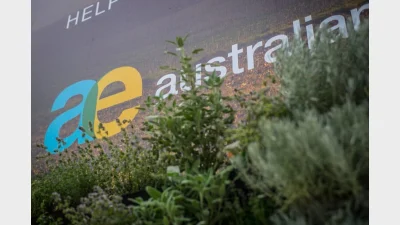UK facing pensions challenge
Employers in the UK are about to experience the same strictures as their Australian counterparts in dealing with the superannuation guarantee following passage of the legislation underpinning a so-called Personal Accounts scheme.
And according to UK research house Datamonitor, the new scheme will test both employers and the UK Government even before it is introduced in 2012.
According to Datamonitor analyst Mya Myat Moe, a likely scenario is that the costs of implementing Personal Accounts to employers will be reflected in lower pay increases to employees.
She said, therefore, individual employees might find no benefit in opting out of the scheme in order to save their employer money when costs were increasing across the board.
The Datamonitor analysis said the UK Government had appeared unable to grapple with the nation’s pension crisis and that its lack of continuity on pension policy was a matter of concern when there had been no less than 16 ministerial changes to the positions of secretary of state for work and pensions.
As well, it said the financial crisis was forcing many employees to cut pension contributions, with research from Prudential showing one in five people had reduced their pension contribution due to the credit crunch.
Recommended for you
First Nations Australians have faced systemic barriers accessing super, with rigid ID checks, poor service, and delays compounding inequality.
“Slow and steady” appears to be the Reserve Bank’s approach to monetary policy as the board continues to hold on to its wait-and-see method.
AFCA’s latest data has shown a decline in complaints relating to superannuation, but there is further work to be done, it has warned super funds.
Limited exposure to fossil fuel companies has positively impacted the performance of Australian Ethical’s balanced and growth funds, the super fund says.











